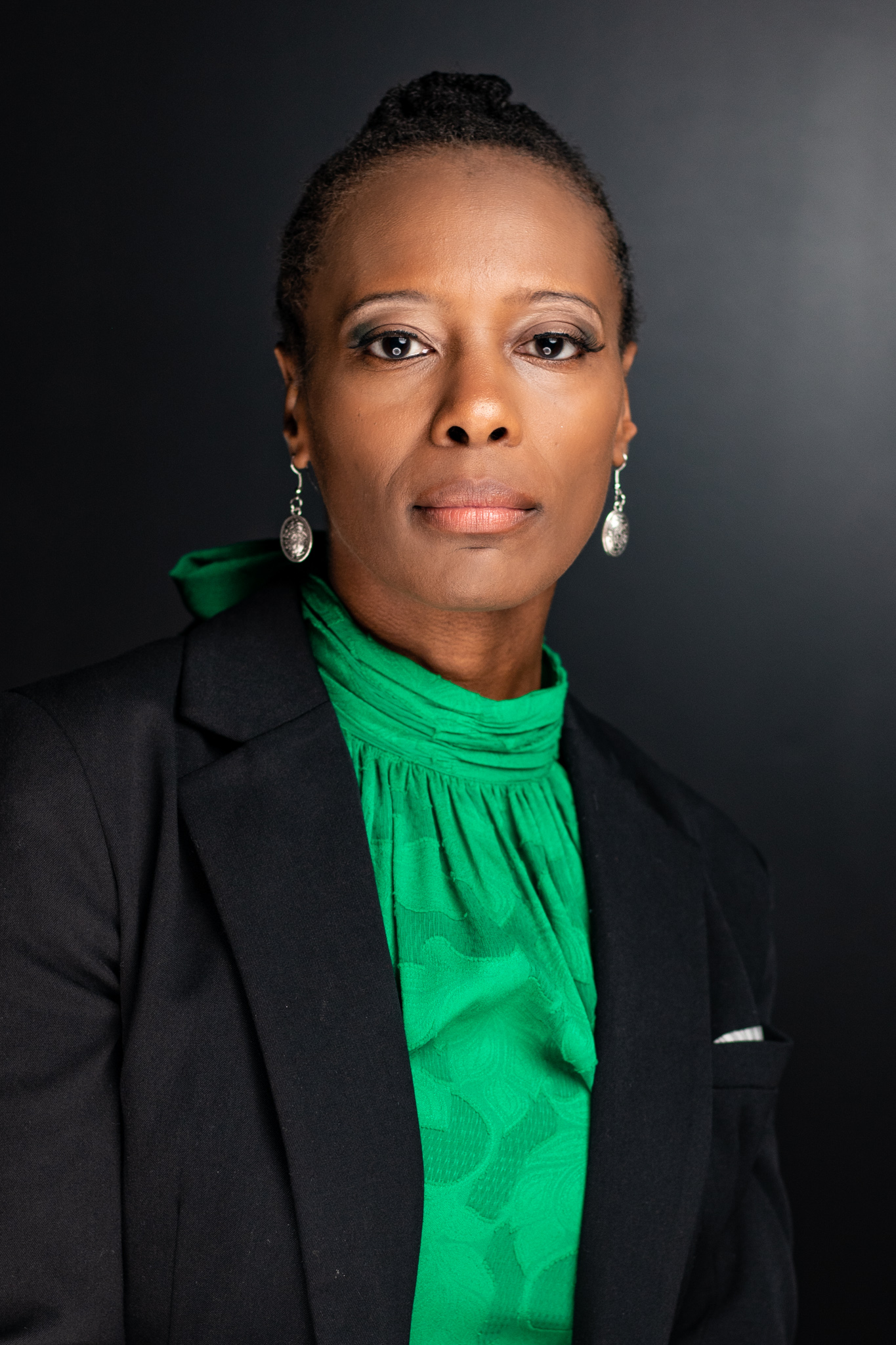NATCHITOCHES – One day Quantia “Key” Fletcher found that years of study and work led her to the right career.
The Northwestern State University alumna was working for the National Park Service as a guide at the Cane River Creole National Historical Park near Natchitoches when her future became clearer. Her job included meeting with park visitors from around the world sharing Louisiana history
“There would be mornings that I would walk the acres of land opening the historic structures for guests and imagine what it must have been like to live and work on that site both enslaved and free,” said Fletcher. “The place engulfed me. The job spoke to me. I knew the work was important. It was at this site that I realized that I had found my place and passion in storytelling, history and preservation.”
Fletcher earned a bachelor’s in journalism at Northwestern State in 2004 and a master’s in English with a concentration in folklife and southern culture in 2007. She was recently named director of the Mosaic Templars Cultural Center in Little Rock Arkansas. She is responsible for setting the vision and long-range plans for the museum. Fletcher oversees the overall management and function of the museum. She develops and secures funding for the museum, develops a budget and represents the museum in a variety of settings.
Fletcher has worked for the Center for more than a decade including the past eight years as deputy director. The Center opened in 2008 as the first publicly funded museum of African-American history and culture in Arkansas. The Mosaic Templars Cultural Center derives its name from the Mosaic Templars of America, which was at its height one of the largest black fraternal societies in the United States.
The original building was destroyed by fire in 2005. The 35,000-square-foot interior is a state-of-the-art museum complex with exhibits, classroom, staff offices and an auditorium that seats 400 people. The façade of the new structure is a facsimile of the 1913 building. The museum’s focus is to persevere, interpret and celebrate African American history in Arkansas. In April 2020, the MTCC became one of only three black history museums in the South to be accredited by the American Alliance of Museums and a distinction of which only one percent of museums nationally hold. This milestone MTCC has earned places the museum among some of the most prestigious museums in the country, like the Frederick Douglass House and the Smithsonian Institution’s National Air & Space Museum.
“My hope is that museum becomes a main destination spot for people visiting Arkansas,” said Fletcher. “We are a world class museum in one of the best cities in the country and we want more people to know about it. The work and experiences that we provide our patrons everyday open us up to continuing to connect and share our history.”
The entire museum gallery space is in the middle of a $3 million renovation that will result in a space where Fletcher said “audiences are engaged, Arkansas history and culture is explored, awareness of African American stories and achievements are increased, and visitors move from awareness to action ensuring that MTCC is established as an intergenerational institution.” The first phase will open this fall. The museum is working to raise $1.3 million for the second phase of its renovation.
Fletcher said her time at Northwestern State was important in preparing her for the future.
“The amount of accessibility and support that I received from NSU is bar none,” she said. “The school was small enough that I was able to thrive in the environment and build real relationships with my professors yet large enough to offer a wide array of curriculum and courses that really helped me grow as a student.”
She credited being involved with campus clubs and organizations including Sigma Gamma Rho Sorority Inc. helped her sharpen leadership skills and serve the community of Natchitoches and fundraise which are key components of her current work.
Her graduate study took her several steps further.
“My graduate program was amazing. It allowed me to gain in depth knowledge of what heritage and community mean,” said Fletcher. “I visited and volunteered with the Louisiana Folklife Center, attended conferences and learned about the amazing traditions of the Creole, Cajun and African cultures that exist in Louisiana. Being a New Orleans native, I had some knowledge but my time at NSU equipped me with the foundation that I use daily to preserve, interpret, and celebrate Arkansas African American history and culture.
“As I walk the halls of our exhibits each day, I am reminded that the work that I do all boils down to retracing steps and building the story of a community.”
Fletcher credits former journalism faculty member Mary Brocato and Professor of English Dr. Lisa Abney with having an impact on her.
“Mrs. Brocato really helped me to flourish,” said Fletcher. “We had an amazing journalism team. Everything was hands-on and allowed students to be ready for real world jobs in the industry. She allowed me to be in front of the camera, behind the camera and to do editing. I was able to learn the broadcast industry and how to be comfortable delivering a message.”
Fletcher said those skills help her in doing media interviews, meeting with elected officials or talking with my museum staff.
“Through my journalism I convey the message of persevering African American history,” said Fletcher. “It was obvious that Mrs. Brocato loved what she did and was a stern and professional teacher.”
According to Fletcher, Abney always encouraged and pushed students to explore the different and sometimes unexpected ways in which everyday culture impacts the world.
“Through her leadership and the program, I really flourished and found my passion,” said Fletcher. “Through NSU and the Folklife Center I studied and began to understand the importance of oral histories, reading and research.”
To learn more about the Mosaic Templars Cultural Center, go to arkansasheritage.com/mosaic-templars-cultural-center/mtcc-home.

